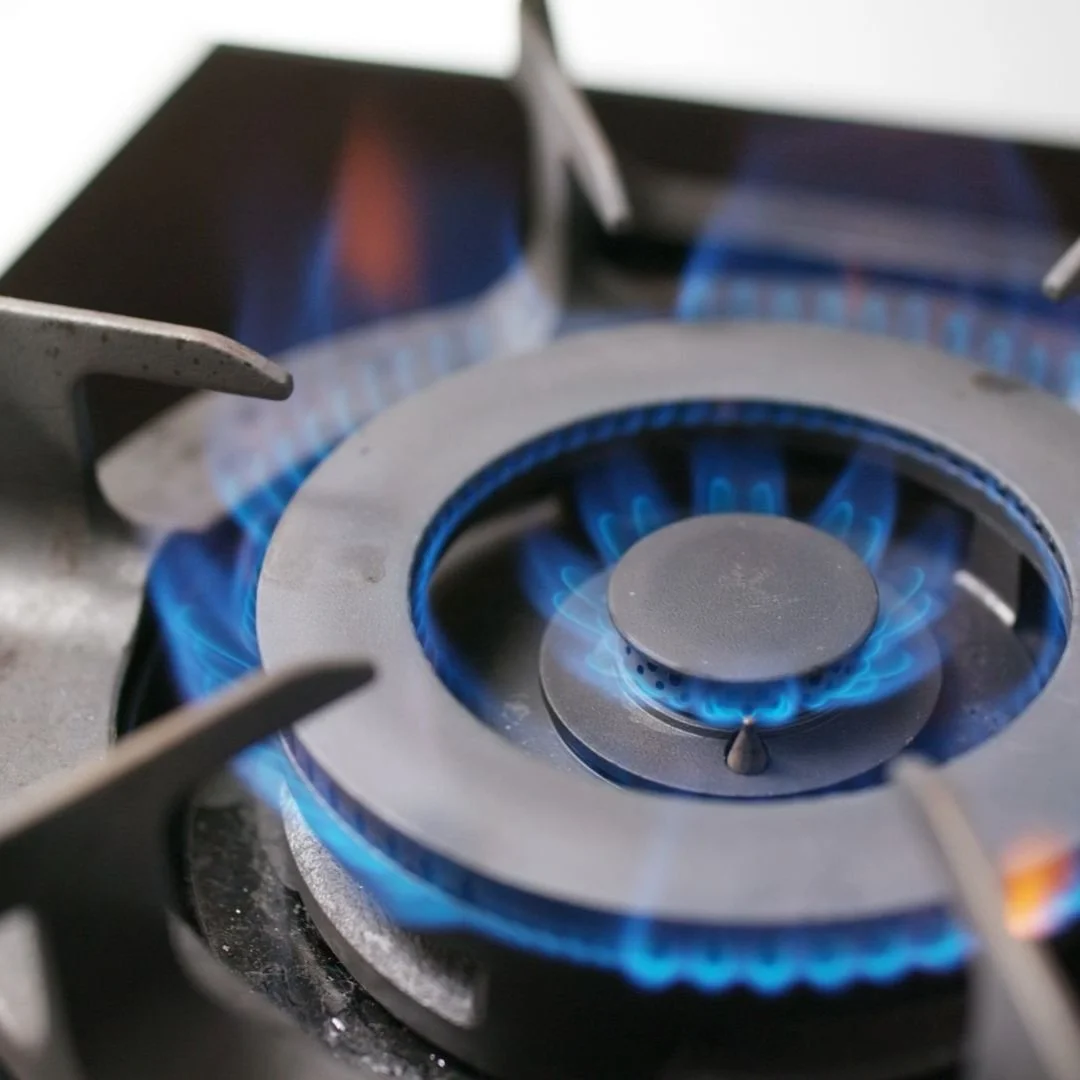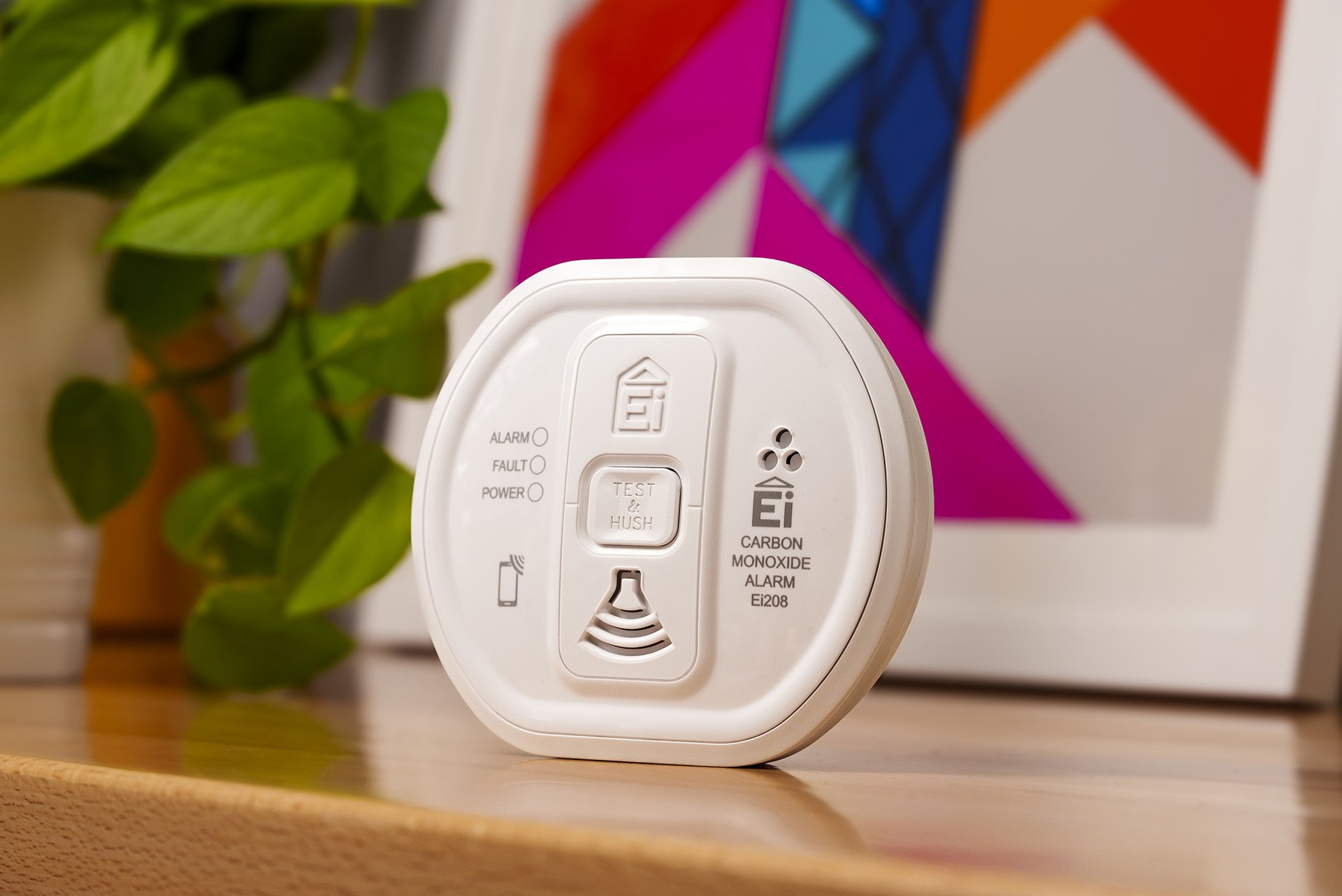About Carbon Monoxide
It’s important you know what to look out for when it comes to Carbon Monoxide.
WHAT IS CARBON MONOXIDE?
Carbon monoxide is a poisonous gas which is produced when fossil fuels burn inefficiently.
The most common sources are faulty boilers, gas fires and cookers.
Known as the silent killer, due to its lack of colour, taste and smell, carbon monoxide is invisible to the human senses, which is why CO alarms are so important.
Each year in the UK alone, over 200 people are hospitalised with suspected carbon monoxide poisoning, which leads to around 60 deaths.
SIGNS AND SYMPTOMS
The symptoms of carbon monoxide poisoning are not always obvious.
They are often mistaken for flu-like illnesses. Here are some examples:
Tension-type headache
Nausea
Dizziness
Breathlessness
Collapse
Loss of consciousness
Symptoms may be less severe when you’re away from the source of the CO.
If this is the case you may have a carbon monoxide leak, and should ask a qualified professional to check appliances immediately.
WHO NEEDS A CARBON MONOXIDE ALARM?
All properties with fuel-burning appliances should have a CO alarm.
Whether it’s a gas boiler, a coal fire or a flue running through the room, a CO alarm should be present in each area where a potential CO source may occur.
The same applies to leisure vehicles such as caravans and boats, where additional risks are often present; with other vehicles, engines or generators increasing the risk.
If you’re camping, CO can even enter your tent from a smouldering BBQ outside, so always take an alarm with you when travelling.
WHAT TO DO IF A CO ALARM SOUNDS
Open nearby doors and windows.
Stop using all fuel-burning appliances and, if possible, turn them off.
Evacuate the property leaving the doors and windows open.
In an emergency call National Gas Service on: 0800 111 999. Alternatively call your gas or fuel supplier on their emergency number.
Do not re-enter the property until informed it is safe to do so.
Get medical help immediately for anyone suffering the effects of carbon monoxide poisoning.
Do not use the appliance again until it has been checked by an expert.
Find out more about Carbon Monoxide
Get extra Govermental information on impacts of exposure to Carbon Monoxide.






